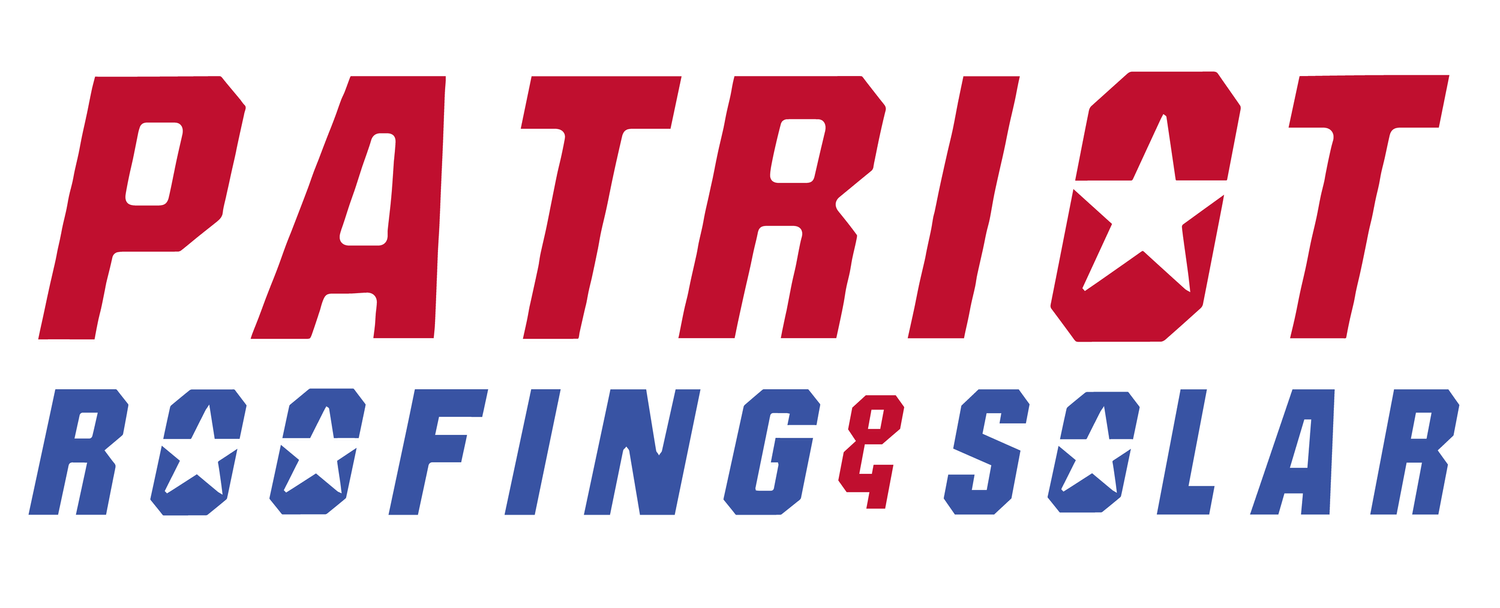The Benefits of Solar Panels: A Guide for Homeowners
Introduction
In a world increasingly conscious of our ecological footprint and the rising cost of energy, renewable energy sources have never been more relevant. Solar panels, in particular, have become a popular alternative for homeowners. But what are they exactly? Simply put, solar panels capture the sun's energy and convert it into electricity for use in your home. But their benefits go beyond simple power generation. This guide will delve into the benefits of solar panels and address common misconceptions and challenges associated with them.
Benefits of Solar Panels
Solar panels offer numerous advantages, making them an attractive investment for homeowners. Here are some key benefits:
1. Reduction in Electricity Bills:
Solar panels generate their own power, which means they can significantly offset, or even eliminate, your monthly electricity bills. The exact savings will depend on the size of your solar system and your electricity usage.
2. Environmentally Friendly:
Solar power is a clean, green source of energy. Installing solar panels on your roof is a way to contribute to a sustainable future and reduce your home's carbon footprint.
3. Increases Property Value:
Homes equipped with solar energy systems have higher property values. They sell twice as fast and at a premium of 3-4% compared to similar homes in their neighborhood.
4. Energy Independence:
By investing in solar panels, you can protect against unpredictable increases in utility prices. You'll be less dependent on an external supply and more in control of your own energy costs.
Addressing Misconceptions and Challenges
Despite the many benefits of solar energy, there are some misconceptions and perceived challenges that may cause hesitation. Let's address these concerns:
1. Initial Cost and Installation:
While it's true that solar panels require an initial investment, the cost of solar systems has dramatically decreased over the last decade. Moreover, various financing options, incentives, and tax credits can make solar panels a financially viable option for many homeowners.
2. Effectiveness in Different Climates:
Solar panels do not need direct sunlight to produce electricity; they can also generate power on cloudy days. While output is higher in direct sunlight, solar panels are still an effective energy solution in colder, cloudier climates.
3. Maintenance and Durability:
Solar panels are designed to withstand the elements and don't require much maintenance. Most manufacturers also offer a 20-25 year warranty, and the life expectancy of solar panels can be 30 years or more.
4. Understanding Solar Panel Technology:
Solar panels may seem complicated, but the principle behind them is quite simple. And, with the right solar provider, you won't need to worry about the technical details. They can guide you through the process and provide aftercare for any questions or issues that might arise.
Conclusion
Solar panels represent an investment in your future and the future of our planet. They help you save on energy costs, add value to your home, reduce your carbon footprint, and achieve energy independence. If you're a homeowner, it's worth considering solar panels as a viable addition to your home.
While there might be challenges and misconceptions around solar panels, understanding the facts can help dispel these doubts. Keep in mind, the right solar provider can guide you through the process, making the transition to solar energy seamless and straightforward.
If you're interested in exploring solar panel options for your home, feel free to contact us for a free consultation. Harness the power of the sun and start your renewable energy journey today!
